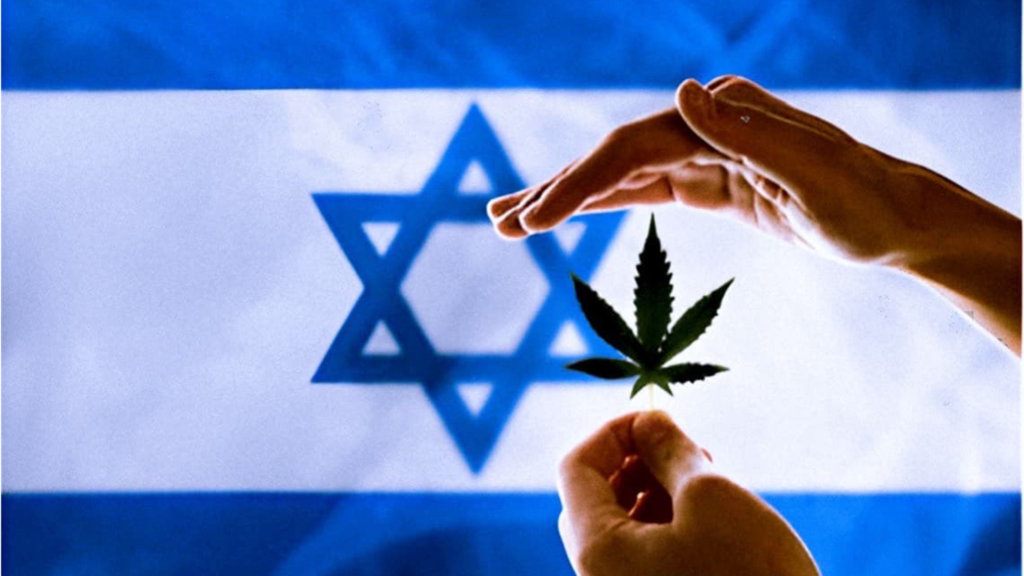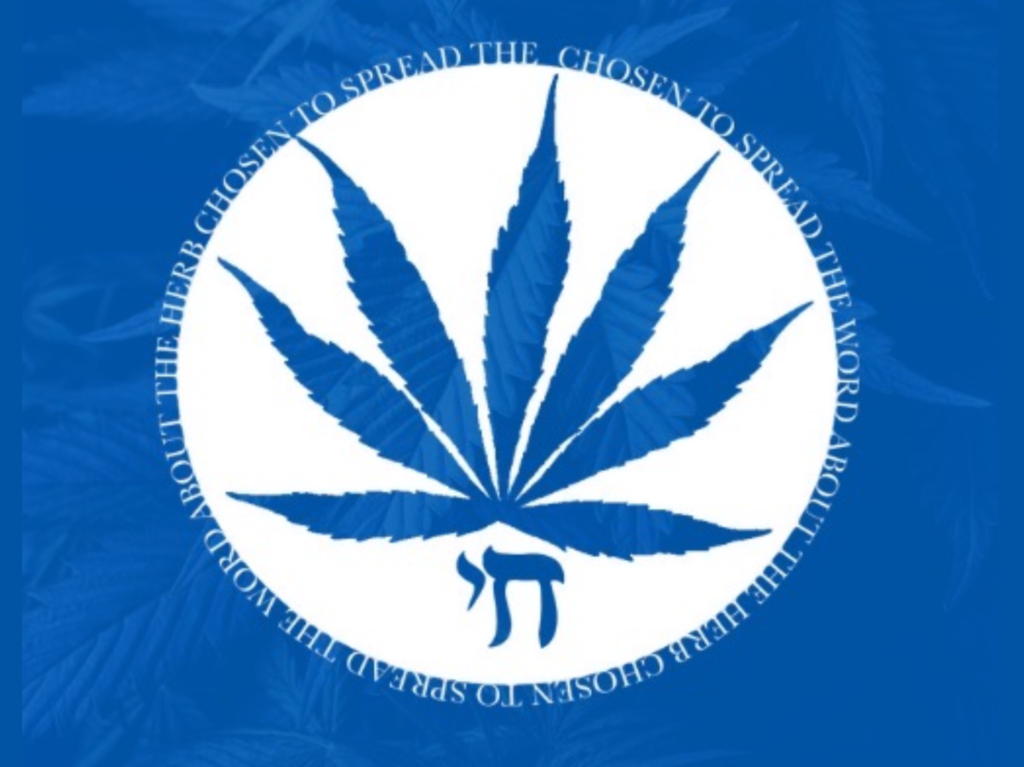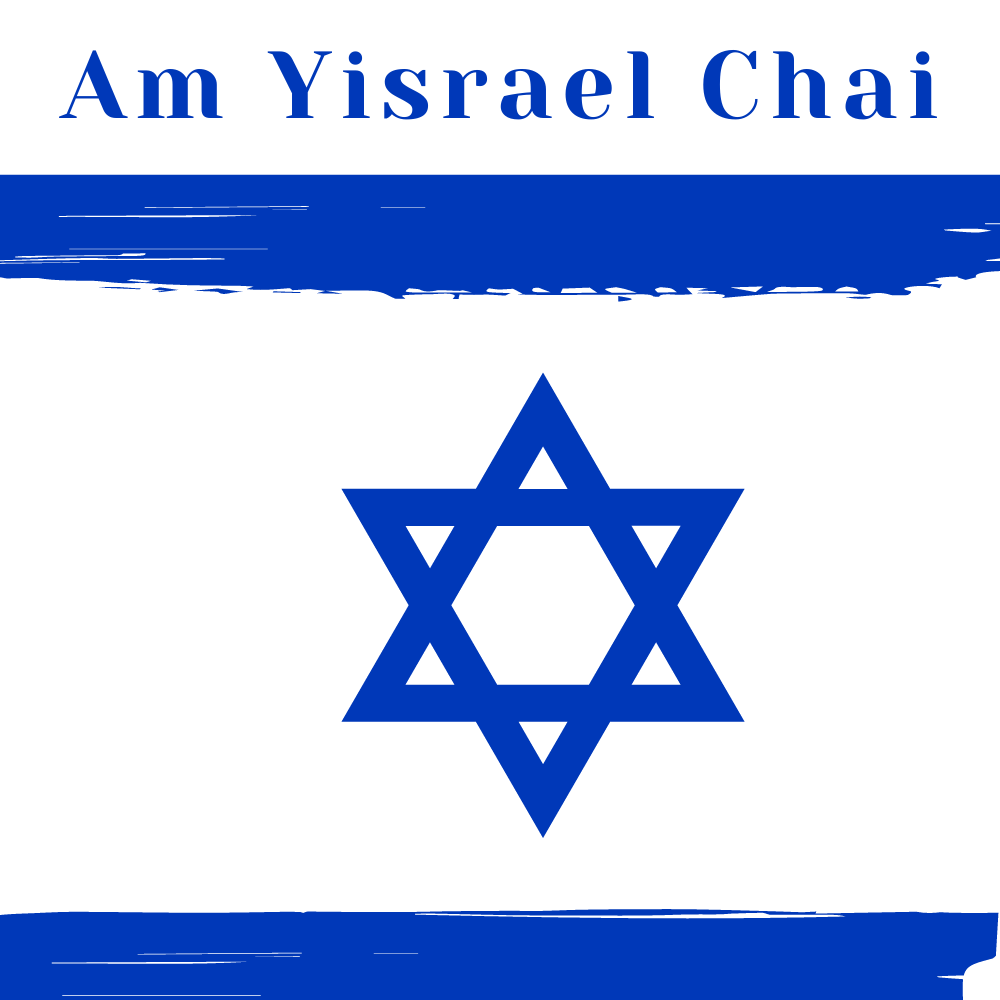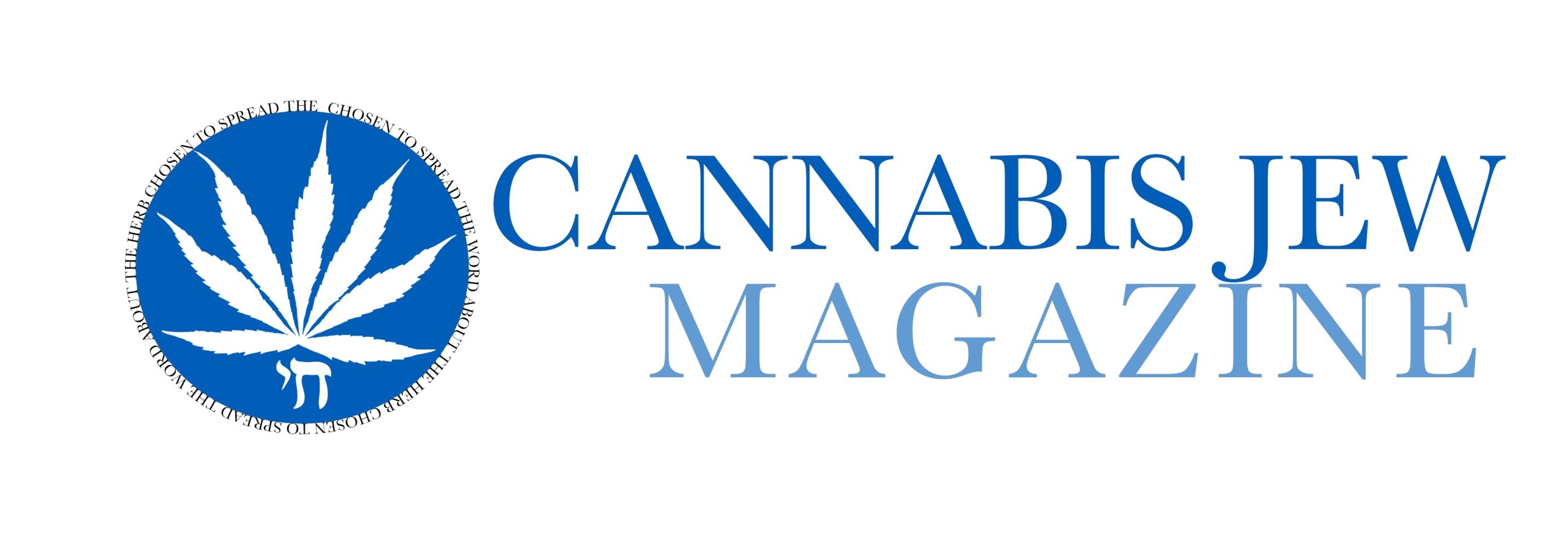Associate Professor David (Dedi) Meiri is at the forefront of turning the promise of cannabinoid therapy for cancer treatment into a reality. As the head of the Laboratory of Cancer Biology and Cannabinoid Research at the Faculty of Biology, Technion – Israel Institute of Technology, and a member of the Technion Integrated Cancer Center, Prof. Meiri’s research focuses on the effects of various metabolites on cancer, inflammatory diseases, and nervous system disorders. His recent co-authored publication, “Cannabinoid Combination Targets NOTCH1-Mutated T-Cell Acute Lymphoblastic Leukemia Through the Integrated Stress Pathway,” marks a groundbreaking step in cannabis science, paving the way for developing specific cannabinoid combinations for cancer treatment.
Prof. Meiri holds an M.Sc. in Biochemistry and a Ph.D. in Plant Biotechnology from Tel Aviv University. He has earned global recognition for his pioneering research into cannabinoids as antitumor agents. Additionally, Prof. Meiri serves on several Israeli Ministry of Health committees dedicated to advancing the optimal use of medical cannabis.
We are honoured to recognize Prof. Dedi Meiri as CJM’s Mensch of the Month. His dedication to cannabis research exemplifies tikkun olam, helping to alleviate suffering and contribute to a better world. Editor-in-Chief Lissa Skitolsky highlights the significance of Prof. Meiri’s recent co-authored article before sharing his insights in an exclusive CJM interview.

The Discovery: Cannabinoids and Cancer Therapy
To create a favourable environment for growth and adaptation, cancer cells manipulate normal cellular mechanisms by hijacking multiple stress response pathways, including the Integrated Stress Response (ISR) and Notch signaling pathways. This enables them to block the process of apoptosis—programmed cell death—that typically removes unneeded or abnormal cells. For example, in T-cell acute lymphoblastic leukemia (T-ALL), more than 50% of cases show auto-activation of the Notch1 signaling pathway, leading to oncogenic transformation. For the past two decades, various drugs have been tested to correct for aberrant Notch signaling to promote apoptosis signaling to kill cancer cells. However, the overall performance of Notch-targeted therapies in clinical trials has failed to meet expectations.
At the same time, research has shown that the endocannabinoid system (ECS) is an integral regulator of the stress response, and endocannabinoids are like messengers that serve to modulate signaling pathways. Prof. Meiri’s research has highlighted the potential of phytocannabinoids to correct Notch dysregulation.
In a previous study, Prof. Meiri’s team showed that a specific CBD-rich cannabis extract selectively induces apoptosis in T-ALL leukemia cell lines with a Notch1 mutation. In the current study, they identified three phytocannabinoids—CBD, CBDV, and the novel phytocannabinoid 331-18A, discovered and characterized for the first time here—that, when used together, demonstrate significantly enhanced effectiveness in reducing tumor size.
These three cannabinoids jointly activate the integrated stress response pathway, which in turn modulates Notch1 signaling. This resulted in reduced tumor size and weight and slowed leukemia progression in mouse models. The study concludes:
“The requirement for all three cannabinoids to achieve the most effective antitumor effect underscores the importance of understanding both the individual and combined effects of the entire molecular spectrum of cannabis, which includes over 140 phytocannabinoids and hundreds of other components.”
The Interview: Editor-In-Chief Lissa Skitolsky (LS) Talks with Prof. Dedi Meiri (DM)
LS: Thank you so much for taking the time to answer a few questions, I know it’s a difficult time in Israel. As the article mentions, since aberrant Notch1 activity is associated with many other types of cancer, cannabinoid therapy shows promise to treat prostate, lung, ovarian, and renal cancer, as well as Alzheimer’s disease. However, what about those cases of leukemia that are not characterized by autoactivation of Notch1 signaling (the other 40% or so)? Could cannabinoid therapy help treat these cases in a different way? Or is it simply not relevant to treating these cases where the issue doesn’t involve dysregulation of Notch signaling?
DM: It is possible that other cannabinoids or different active molecules will affect other types of leukemia, but we didn’t study this in my lab and I don’t have real data to prove it.
LS: I think the most important takeaway from your article is the idea that specific extracts and cannabinoid combinations can potentially treat specific kinds of cancer, nu? It seems clear that cannabinoid therapy is the future of cancer medicine. Your research also illustrates how the ECS plays such a huge role in homeostasis, and sometimes it seems like cannabinoid therapy has the potential to treat everything. Is this too naive and optimistic?
DM: The take home message is that there is a huge potential in cannabis to affect cancer and even to treat and cure, but it is not general cannabis; we need to know the exact properties of the cancer and the exact cannabis that can affect it. Regarding the ECS, there are 13,000 peer reviewed papers that show its importance, I wish I was the one who discovered it. It is clear that the ECS affects almost every system and cell in our body and is critical, and plays a huge role in keeping the homeostasis in our body.

LS: You discovered a new phytocannabinoid which could potentially become really important in treating other kinds of cancer. But it’s hard to remember “331 – 18A,” and it doesn’t sound very cool. Will it be recharacterized with letters?
DM: This is the professional chemical name of the molecule and this is how we published it. You can call it by any name you like!
LS: Can you give our readers a sense of how the war has disrupted your research, and the obstacles that you’ve faced pursuing it in the aftermath of October 07?
DM: On the one hand, life in Israel seems normal, we are coming to work and going out to restaurants and getting married. But actually, nothing is normal. I have two kids in the army, I was recruited to the army for a few months, and I have students who don’t come to work because they were recruited to the army. We are all worried for them, and everyone in Israel knows soldiers who died or were wounded. Moreover, and just for example, one of my best friends and a critical worker at the lab lives in Nir Oz. On October 7th he was personally attacked by the terrorists, his house was burned while he was with his five kids and his wife in the house. Just by a lot of luck, they survived. All the lab was around him, supporting him. We all carry a kind of PTSD.

Vote for the Next CJM Mensch of the Month! We’re looking for candidates who connect respect for the herb with being a good ally to minority groups in the cannabis industry. L’chaim!
In order to stay connected with the Canna-Jewish community, sign up to receive The Canna-Jewish News delivered right to your inbox. To learn more about the role of cannabis in the Jewish tradition, check out our new online course The Jewish Relation to Cannabis, sold with the Yeshiva Subscription to Cannabis Jew Magazine.






